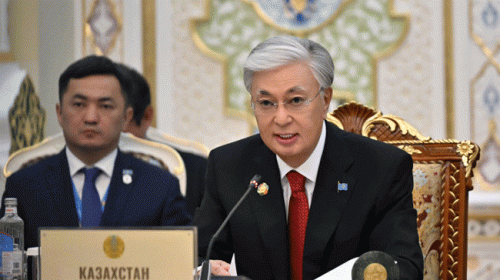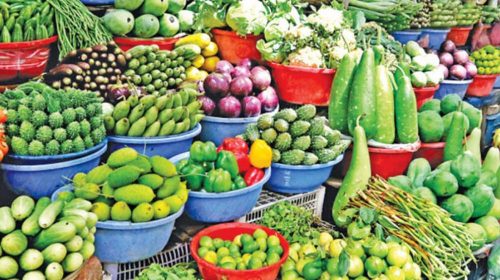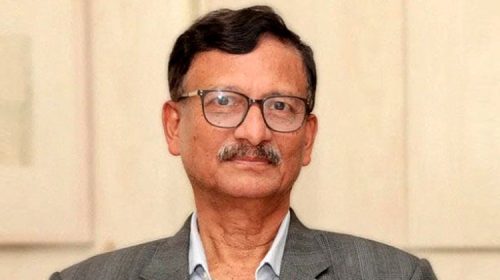Online Report 10 Oct 2025 , 10:28 AM Print Edition
Addressing the meeting participants, Tokayev outlined several priority areas for cooperation, starting with trade and industrial collaboration. He noted that the newly adopted Joint Action Plan includes over 50 initiatives to develop a new model of economic partnership. Trade between Central Asia and Russia grew by 20% in 2024, surpassing $50 billion, with Kazakhstan–Russia trade accounting for $28 billion.

Agriculture was identified as another key area for cooperation. Tokayev proposed creating joint clusters for deep grain processing and promoting innovation through agrotechnological startups and precision farming, reported Akorda.
“We must transform our agro-industrial complex into a high-tech sector without competing against each other on external markets,” he emphasized.
President Tokayev also prioritized the development of transport and logistics. Kazakhstan, he said, acts as a “central link in the Eurasian transport network,” with 11 international corridors connecting Asia and Europe. He revealed plans to build and modernize over 16,000 kilometers of railways by 2030 and to expand the Western Europe–Western China highway to four lanes up to the Russian border.
He also suggested establishing a Council for the Development of the Eurasian Route under the North–South corridor to coordinate investments and infrastructure projects.
Turning to energy, Tokayev hailed the tripartite gas union between Russia, Kazakhstan, and Uzbekistan as the foundation of a “new regional energy framework.” He also noted progress in nuclear cooperation, including the construction of Kazakhstan’s first nuclear power plant with Rosatom and the opening of Russia’s National Research Nuclear University MEPhI’s branch in Almaty to train nuclear specialists.
Tokayev placed particular emphasis on digital transformation and artificial intelligence, announcing the launch of the International Center for Artificial Intelligence and a national supercomputer in Astana.
Environmental cooperation was another focus, as President Tokayev proposed establishing a Council of Ministers on Environmental Issues and a joint satellite monitoring program for water and land resources.
On humanitarian ties, Tokayev proposed creating a joint online education platform, Digital Library CA–RF, and hosting the first Central Asia–Russia University Rectors’ Forum in Kazakhstan.
In conclusion, Tokayev underscored the shared responsibility for regional stability, particularly regarding Afghanistan. He called for coordinated engagement to integrate Afghanistan into regional economic processes and suggested appealing to the UN Secretary-General to appoint an experienced head for the UN Assistance Mission in Afghanistan.
Tokayev expressed confidence that the results of the Dushanbe summit will open a new chapter in regional cooperation, aimed at stability and progress in Central Asia and Russia.









